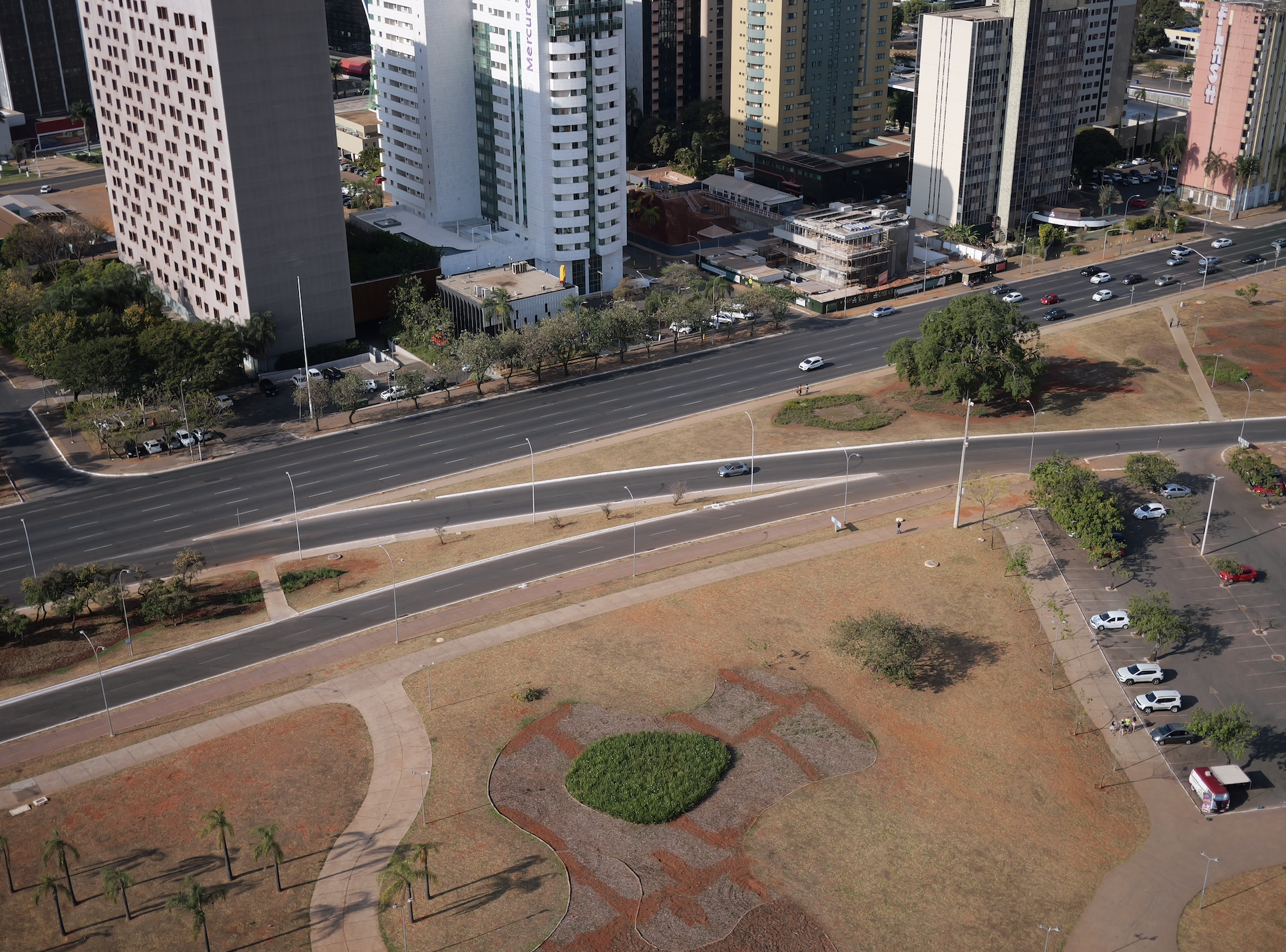

Julie Douet -Zingano, Becoming Megacity
PROJECT DURATION
2024 - 2026
PROJECT OWNER(S)
Julie Douet-Zingano
Becoming Megacity: Material, Form, and Process of a theatrical production in the context of the Grand Paris
A megacity is defined by the specific state that urban habitation reaches when it exceeds a population threshold of ten million inhabitants. In 2023, forty-four megacities existed around the globe. The number increases each year. My interest lies in considering the megacity as a theatrical subject, given its ability to engage with contemporary issues on scales that surpass our everyday perception of reality. Through its excesses, the megacity plays with abstraction. More than a mere metaphor for life within the multitude, this overflowing city embodies a poetic agency capable of shaping the very form of an artistic production.
The giant city stands at the intersection of ethical, ecological and aesthetic concerns. Once upheld as an ideal, it now seems obsolete in the face of mounting anxieties over the unthinkable ecological crisis. The megacity appears to have become emblematic of the destructive human occupation of the planet. Are our cities still viable? What will the city of the future be? In questioning the future, this project will foster an intellectual and artistic dialogue with São Paulo. Due to both its historical process of urban development and its morphology, São Paulo represents a quintessential example of the megacities from what is referred to as the “Global South.” More ancient and deeply rooted than Paris in its megacity status, São Paulo offers a point of comparison that challenges prevailing narratives.
The objective is thus to explore contemporary imaginaries of hyper-urbanity, particularly regarding its relationship with time and the motif of inevitable collapse—an outcome seemingly predestined for all great cities, from ancient mythologies (Troy, Rome) to popular culture (Gotham City). The project will examine how theater can engage with Paris’s imminent and ambiguous transformation into a megacity. To this end, I will explore two theatrical modes that create friction between interior and exterior spaces: the first, within the walls of a performance hall—an enclosed environment that distances itself from the city—and the second, through artistic interventions in the urban space, in site-specific performances. Scenes and performances will take place in various districts within the peri-urban fabric of Paris, seeking to challenge the notions of center and periphery. Particular attention will be given to locations marked by a stratification of urban layers, reflecting a complex historical memory incrusted in the city. This initial material will then be confronted with the enclosed space of the theater, focusing on the spectator’s perception of a perpetually shifting urban imaginary. Finally, in a third phase, the project will return to the city, culminating in the creation of a work designed for the urban environment itself.
Biography
Julie Douet-Zingano began her artistic training at the Célia Helena acting school, at the heart of sprawling São Paulo. Of Franco-Brazilian heritage, she then enrolled in Ciné-Sup, the public preparatory program for film studies in Nantes, before pursuing further studies in visual representation at EHESS, where she completed a master’s degree in Arts and Languages. Her research explored the depiction of extreme violence in contemporary direct cinema from Syria, Libya and Iraq. She later joined the 2021-2023 Master’s program in Directing and Dramaturgy at Paris-Nanterre University. In 2023, she worked as an intern assistant to Antonio Araújo and the Teatro da Vertigem for their production Agropeça, presented at SESC Pompeia in São Paulo. She is a member of the Cercle des jeunes dramaturges at Théâtre Ouvert. Her first play, Nature Morte, is supported by the Jeunes Pousses 2025/2026 program of the Maison Maria Casarès. Her research focuses on intercultural frictions and the spirit of the places that inhabit us.
© Alexis Couroussé-Volat
PROJECT TEAM
Christophe Triau (université Paris Nanterre)











